Ludovic-Mohamed Zahed on his memoir and establishing Europe’s first queer-friendly mosque
On the English-language publication of his memoir, publicly gay Muslim Ludovic-Mohamed Zahed discusses his long journey in reconciling Islam and homosexuality
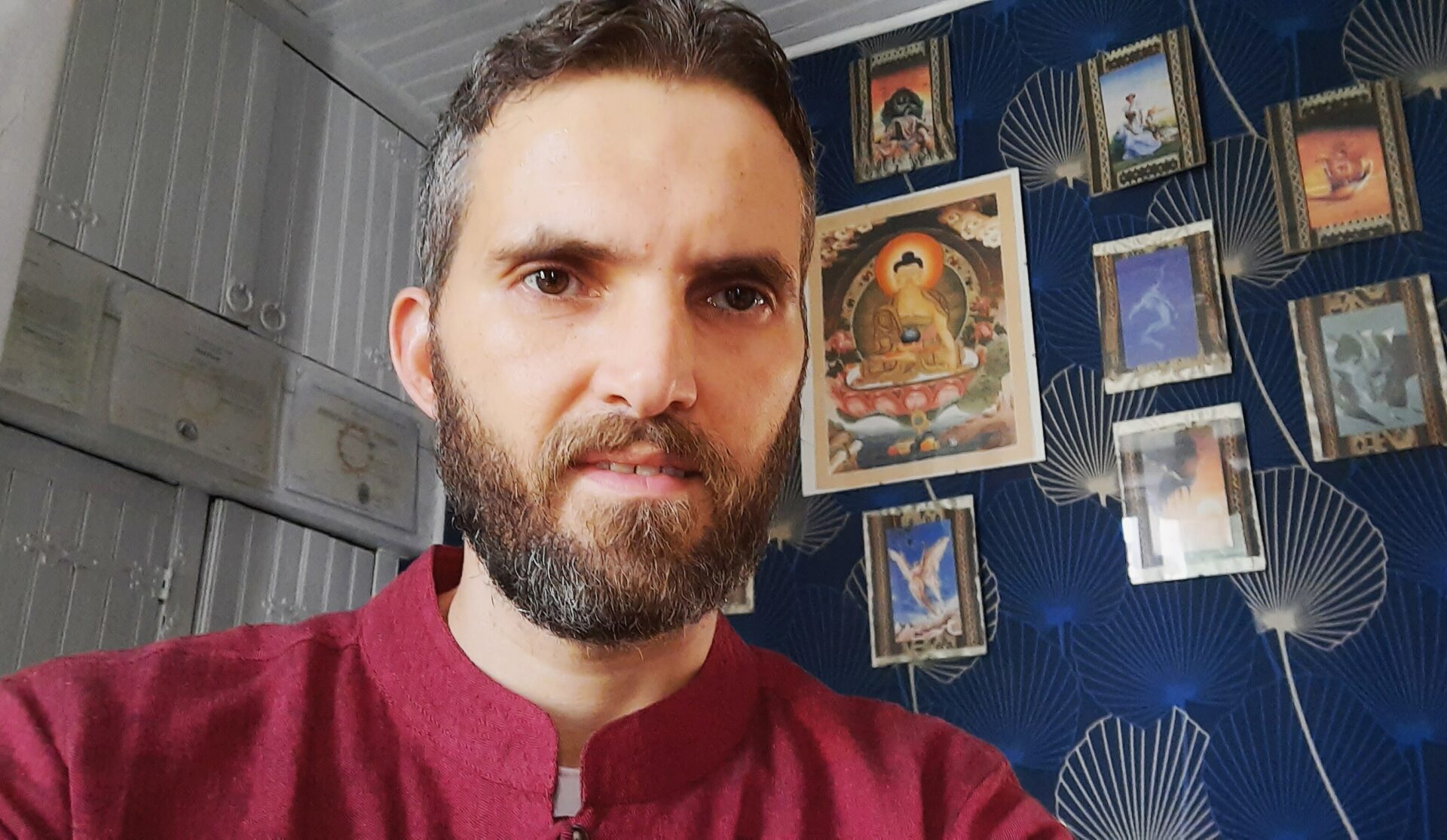
When Ludovic-Mohamed Zahed started writing his memoir Le Coran et La Chair (The Koran and the Flesh), he initially only had one reader in mind: himself.
“I still remember the first time I took a piece of paper and started writing my thoughts down,” he recalls. “I was at work. I took a break, and I started writing. It was at first a few words, which became a few pages, and then chapters of what became my book. It was not planned to be a book; I just needed to express my thoughts, to get it out and put it somewhere.”
The book delves into Zahed’s upbringing as part of an Algerian immigrant family in France, and his journey to reconcile Islam and homosexuality, coupled with his work as an intellectual and an HIV and LGBTQ+ activist. Thirteen years after it was first published in France by Max Milo Editions in 2012, Le Coran et la Chair is now available in English for the first time as The Koran and the Flesh, published by Swift Press.
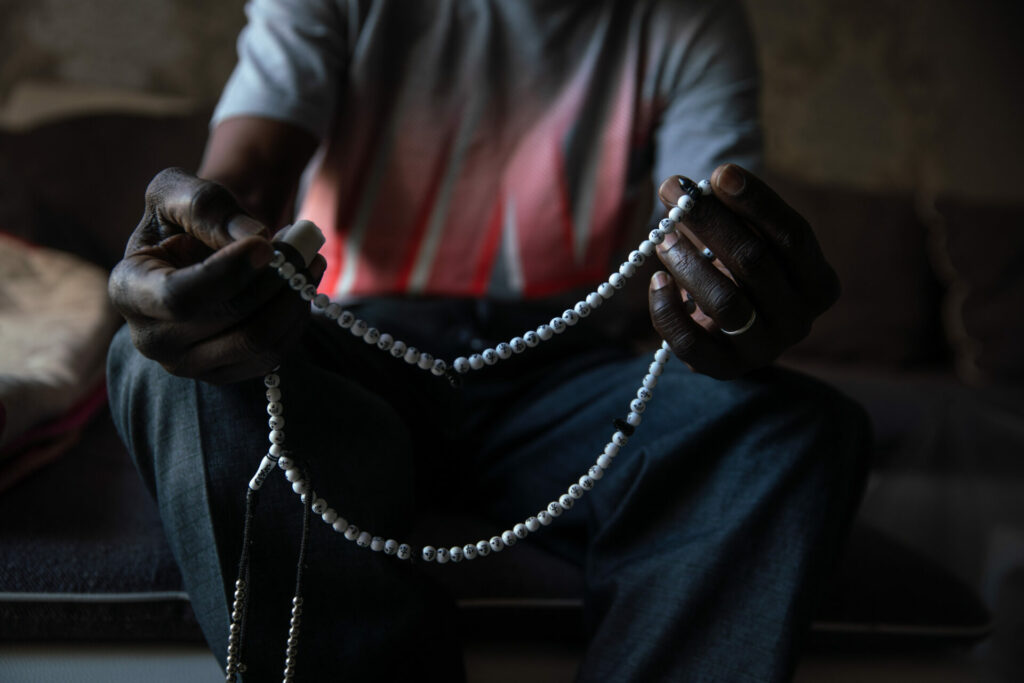
“I wrote it for myself at first,” he says. “But queer Muslims are my core audience, to encourage ourselves to invest efforts and energies into community building and relating to one another.”
Born in Algiers, Algeria, Zahed was a child when his family moved to Paris, settling in the working-class part of the 17th arrondissement. When he was around eight years old, he realised he was ‘different’ from other boys, and he went through periods of humiliation and self-doubt while growing up. In an attempt to find answers, he plunged himself into religion, and as a teenager pursued studies in an ultra-conservative Quranic school in Algeria. However, his mannerisms were viewed as too effeminate by fellow peers, and he was eventually kicked out.
In January 1995, a truck packed with explosives devastated downtown Algiers and killed 42 people in the middle of Algeria’s civil war. The Armed Islamic Group claimed the attack, which made Zahed realise he had “something in common” with them. In The Koran and the Flesh, he writes about how the combination of these events — the ostracism from the Quranic school coupled with the Algiers bombing — led him to reject Islam and enter a ‘spiritual desert’ that took him almost 15 years to cross.
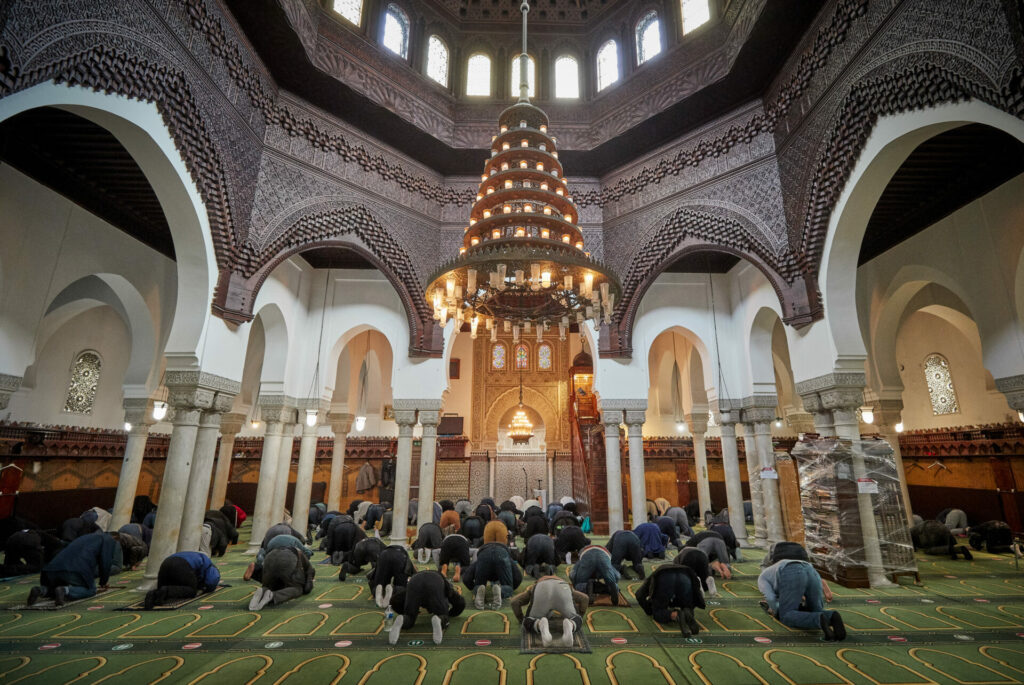
Back in France during his late teens and early twenties, Zahed still yearned for faith, so he turned to Buddhism. It was also around this time that he obtained French citizenship, adopted the name Ludovic, and also came out to his family — both as gay and HIV-positive. Despite hailing from a patriarchal and macho society in the contexts of both his Algerian family and the working-class area in which he grew up, where issues of sexual minorities were not discussed, his parents still made an effort to understand and accept him.
It wasn’t long before Zahed understood that homophobia also existed in countries and cultures that practised Buddhism, something he learned while on a pilgrimage to Tibet. It made him realise the problem wasn’t religion itself. Instead, it was discrimination, ignorance, the patriarchy and toxic masculinity — all things which can exist (and persist) without religion.
As a result, Zahed gradually started to pray and partake in Islamic traditions again, but it wasn’t until his first pilgrimage to Mecca that he fully converted back to Islam. The trip gave him a deeper understanding of his Muslim faith and how there is nothing in the Koran that condemns sexual, racial, gender or political diversity.
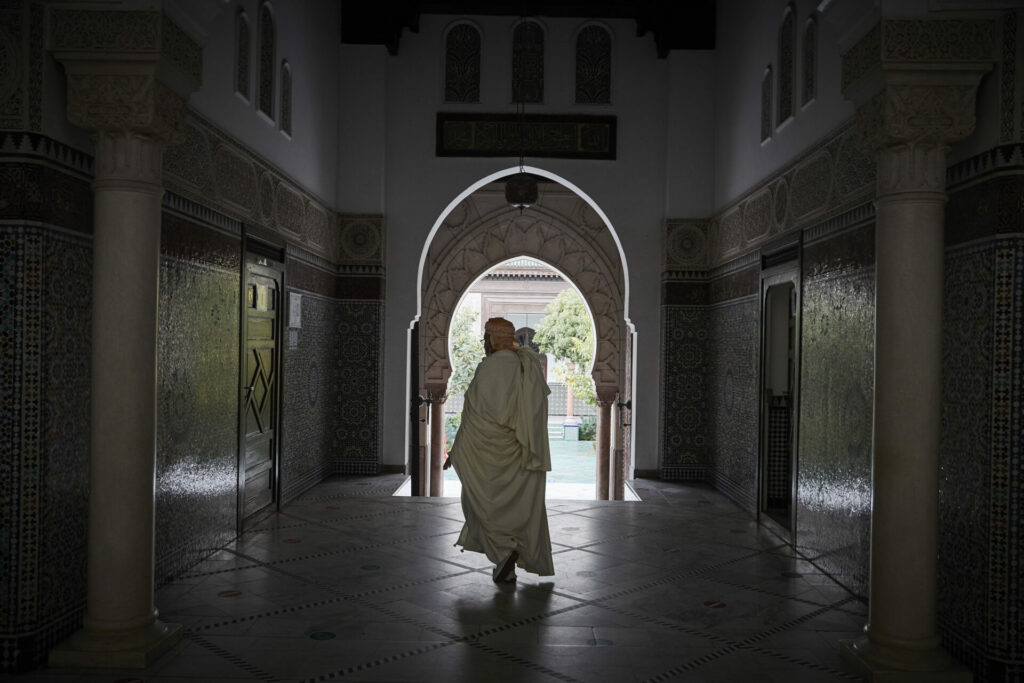
Zahed has since made his advocacy around the reconciliation of Islam and homosexuality his life’s mission. He achieved this by establishing the Homosexual Muslims in France (HM2F) advocacy group in 2010 and through his extensive work in academia and Islamic scholarship.
“The fact that we are ashamed of who we are, ashamed of our femininity, comes from colonisation”
“Most Muslims do not reject homosexuality or trans identity per se. They just do not imagine that someone who is Muslim can talk about that publicly,” he says. “So, we have to explain that it is not a provocation. A lot of people told me at the time my book first came out 13 years ago that sexuality is something dirty from their perspective. So, we had to explain also that that taboo about homosexuality and femininity comes from colonisation. We didn’t have that before in Arab, African, Indian subcontinental countries — or former British and French colonies. The fact that we are ashamed of who we are, ashamed of our femininity, comes from colonisation.”
In 2011, Zahed married his husband Qiyaammudeen Jantjies-Zahed — a South African who is also Muslim — in Cape Town. The following year, despite same-sex marriage not yet being legal in France, the couple celebrated their marriage there with a religious ceremony performed by an imam — an event which garnered headlines.
Zahed grabbed headlines again in late 2012 when he opened an inclusive Muslim prayer room in Paris, also known as Europe’s first queer-friendly mosque. It still operates today. While the Grand Mosque of Paris did not welcome it at the time, this did not stop Zahed from establishing the CALEM Institute in Marseille, where he now lives. The institute is not just a queer-inclusive Muslim place of worship like its counterpart in Paris, but also a facility where imams — men and women from all over France and Europe — are trained to be more inclusive and to espouse more progressive and feminist values.
“Most Muslims — in Europe especially — are very open-minded”
“Within Muslim communities, people are very much open-minded,” he says. “Some old people might be conservative. Some young people might be a bit extremist and radicalised, for sure, but most Muslims — in Europe especially — are very open-minded. It has been very interesting to empower queer Muslims and also to participate in the organisation and the community-building of those progressive Muslim communities.”
Zahed’s inclusive mosques also offer the service of marriage blessings (French law does not recognise religious marriages), especially for queer and same-sex couples. But every now and then, heterosexual couples seek his blessing too.
“The first time a straight couple asked me to help them bless their marriage, I was astonished, because I didn’t expect that,” he says. “It has been interesting to see how other Muslims integrate us, or at least become aware of the fact that we are part of the broader community.”
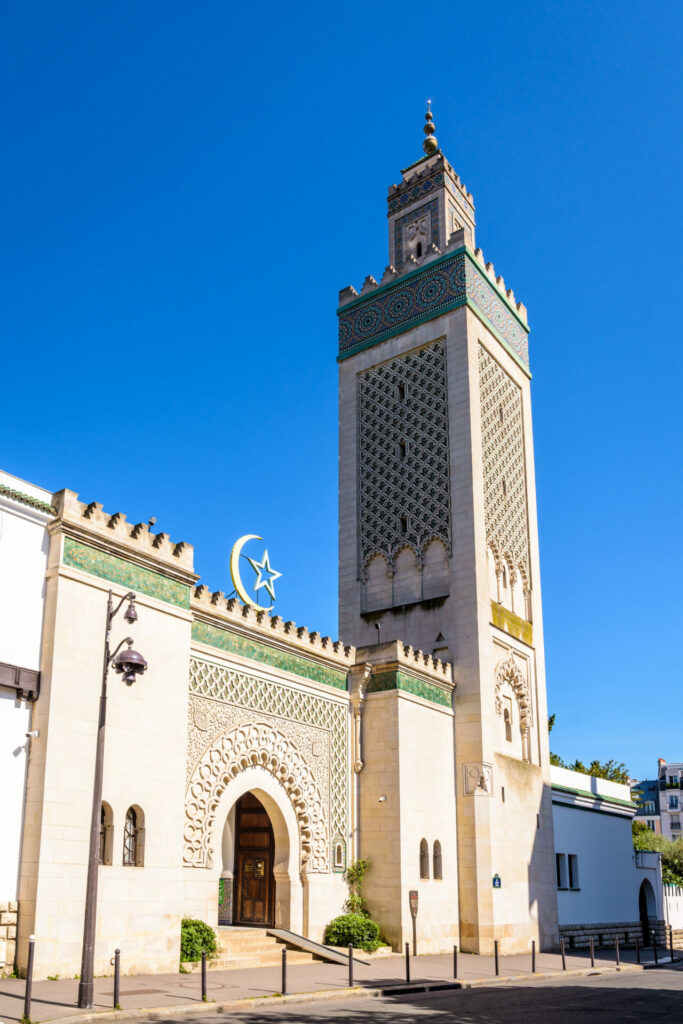
While it has taken 13 years for The Koran and the Flesh to be available in the UK, Zahed believes his book still holds the same relevance as it did when it was first published in French.
“It’s a good resumé of what happened to so many queer Muslims at that time, stuck between the hammer and the anvil: some people being racist and Islamophobic, some people being homophobic, transphobic,” he reflects.
“My advice to young queer Muslims is to always connect to people who are facing the same issues”
“Unfortunately, it’s still very relevant today, because the situation has not evolved that much in some countries. But it is clearly possible to be both queer and Muslim at the same time, and just to be ourselves and to take from spirituality and spiritual tradition, such as Islam, what we need to empower ourselves.”
With the UK release, his book will reach a whole new audience, and he hopes it could empower more queer Muslims to live as their authentic selves without shame or stigma.
“A lot of queer Muslims ask the question of how we could free ourselves from those intersectional tensions that we have to face so much in our lives,” he says. “And my answer is always to not stay alone. My advice to young queer Muslims is to always connect to people who are facing the same issues. We are stronger together.”
The Koran and the Flesh by Ludovic-Mohamed Zahed is available now via Swift Press.
This feature was lifted from issue 363 of Attitude magazine, available to order here, and alongside 15 years of back issues on the free Attitude app.
